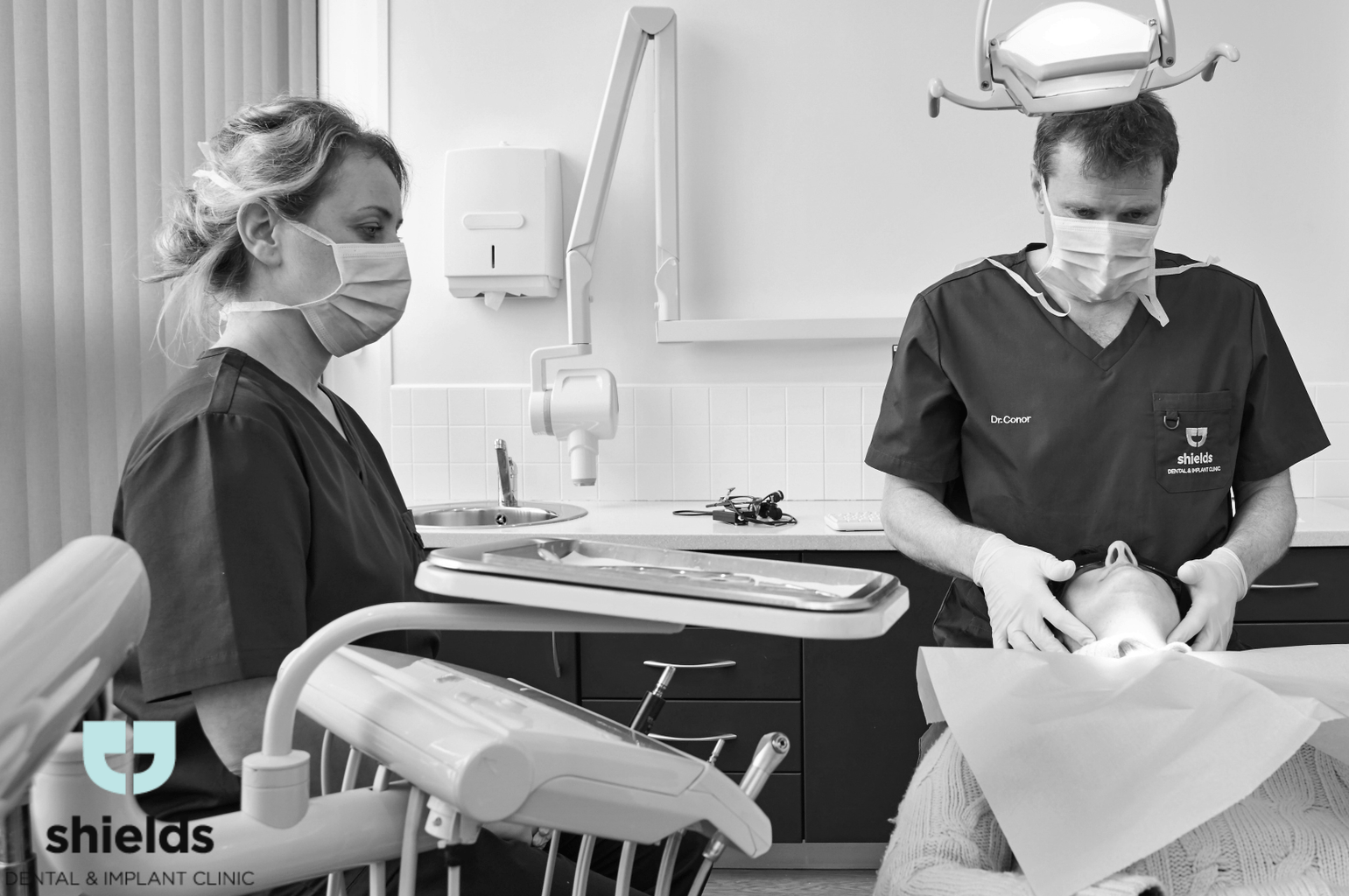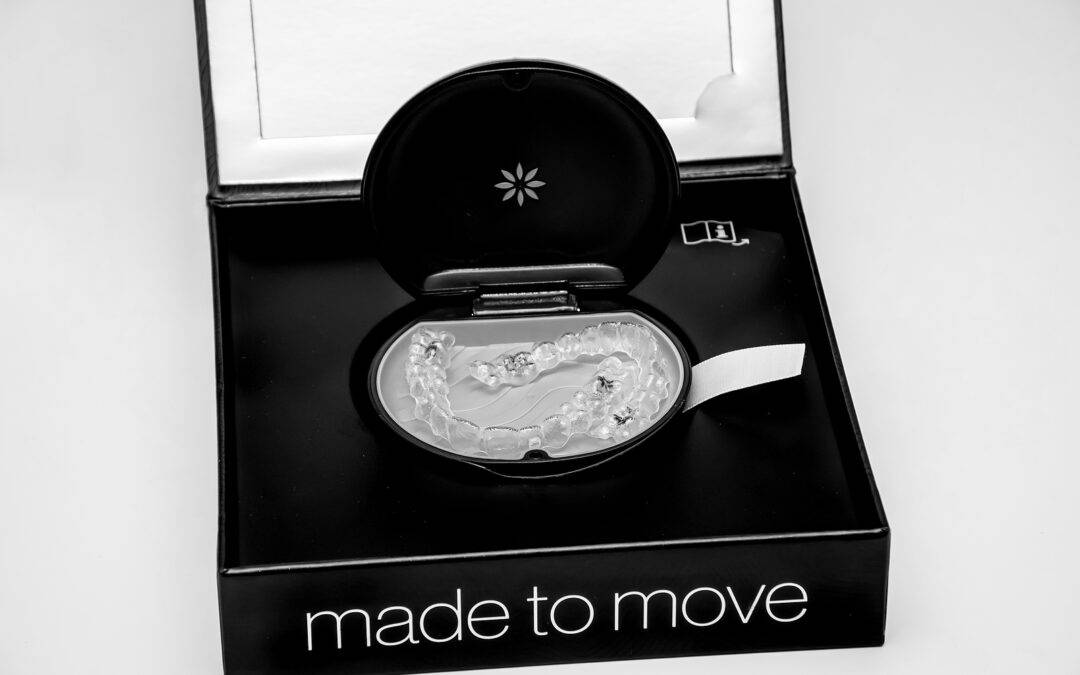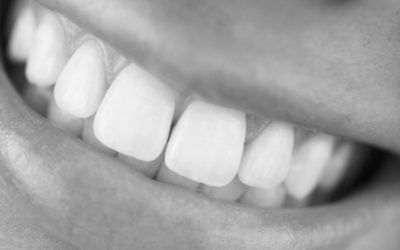Tooth grinding can cause complications in your day-to-day life, which we will explore later in this blog. But there are ways to keep this at bay as well as ways to treat it, depending on the cause.
Symptoms of grinding/temporomandibular joint dysfunction
- Grinding symptoms can include a buzzing or ringing in the ears (which can occur whilst you are in and out of sleep).
- Sensitive teeth that often suffer breaks and chips.
- Fillings that fracture.
- Toothache for no obvious reason.
The temporomandibular joint connects the lower jaw and skull, enabling you to open and close your mouth and chew. TMD (temporomandibular joint dysfunction) refers to problems with the muscles in your jaw and your face.
Occlusal issues
‘Occlusion’ is the term used to describe how your teeth meet when your jaws bite down and meet. When your teeth do not meet properly, your teeth, temporomandiblar joint and your gums are at risk of problems. Your dentist here at Shields may prescribe an occlusal splint which is made from a slightly harder plastic than orthodontic mouthguards and design to fit over your upper and lower teeth. Occlusal splints are custom made to be an exact fit for your teeth and your dentist will take measurements to ensure this. These splints help to reduce muscle activity in your jaw and your dentist will instruct you to wear this at night to control your tooth grinding. Though it is not a cure to the condition, it will certainly help to reduce grinding and keep the condition under control.
Are there treatments to permanently cure tooth grinding?
- Tooth adjustment – the positioning and direction of the slopes that guide your teeth together can aid with repositioning the jaw.
- Tooth replacement – you may have missing teeth that need to be replaced by using dentures, implants or bridges. This will give the TMJ equal support from both sides of both jaws.
- Medication – there are some drugs that can help though this is generally only a temporary measure.
- Diet & exercise – sticking to soft foods may help as this will place less stress on the TMJ
- Relaxation – relaxation therapy and counselling can help in some cases as this makes the patient aware of how to manage stressful situations.
Grinding can cause other complications and be the source of different types of pain. This includes:
- Stiff jaw/tender jaw when your bite meets.
- Chronic and severe headaches.
- Pain in your shoulders and neck.
- Pain around the sides of your face, ears and jaw joints.
- Receding gums, loose teeth and increased levels of fatigue.
If you would like more information about TMJ complications or you would like to arrange a consultation, please do not hesitate to contact us.








